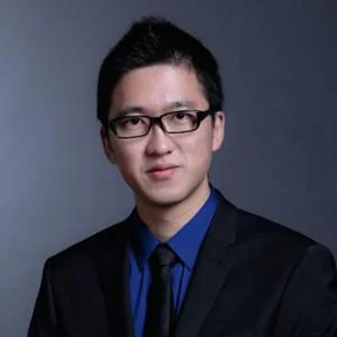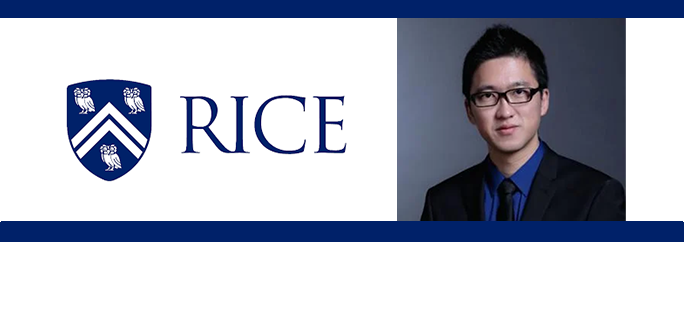 Plastics can stay around for ages after being discarded.
Plastics can stay around for ages after being discarded.
Han Xiao, director of SynthX Center and associate professor within the department of chemistry at Rice University, discusses a possible solution.
Han Xiao serves as the Director of the SynthX Center and holds the position of Associate Professor within the Department of Chemistry, Biosciences, and Bioengineering at Rice University. Han obtained his undergraduate degree from the University of Science and Technology of China (USTC) where he graduated with a B.S. in chemistry and an honors degree in physical science. After graduating from USTC in 2010, Han joined the Ph.D. program at the Scripps Research Institute (TSRI). His thesis work with Prof. Peter G. Schultz focused on expanding the technique of genetically incorporating unnatural amino acids in both prokaryotic and eukaryotic organisms and applying this technique for better cancer therapeutics. In 2015, Han joined the laboratory of Prof. Carolyn R. Bertozzi as a Good Ventures Postdoctoral Fellow of the Life Science Research Foundation at Stanford University. In his postdoctoral work, he was engaged in the development of novel cancer immune therapy targeting the cell-surface glycans axis of immune modulation. In July 2017, Han started his independent research at Rice University. The focus of his research is the development of various chemical biological tools allowing us to understand complex biological systems as well as develop novel therapeutic strategies. His awards include Level 2 Breast Cancer Research Program Breakthrough Award (DoD), Maximizing Investigators’ Research Award for Early Stage Investigators (NIH), Norman Hackerman – Welch Young Investigator Award, and CPRIT Faculty Recruitment Award.
Sticky Microorganisms Enhancing Plastic Degradation
Each year, the world produces over 350 million tons of plastics. Think about the plastic bottles you get from places like Walmart, Costco—every year, billions of these plastic bottles, creating an urgent need for effective plastic recycling.
Currently, mechanical recycling, the most common method, is not very efficient. After just a few cycles, plastics begin to lose their chemical and physical properties.
One promising alternative is a biological approach, where enzymes derived from bacteria break down plastics. However, the efficiency of this method is still far from where it needs to be for large-scale applications.
This challenge inspired my lab to look to nature for solutions—specifically, mussels. If you have ever seen mussels in the ocean or bought them at a market, you’ll know they can attach to almost any surface. We wondered: could we develop bacteria that mimic this capability to stick to plastic surfaces and improve plastic degradation?
Mussels use a unique unnatural amino acid called DOPA to attach various surfaces. Using genetic code expansion technology, we were able to generate an unnatural bacterial with a 21st amino acid DOPA.
These unnatural bacteria with DOPA, could not only stick to plastic surfaces but also to materials like gold and other metals. This “sticky” property allows the bacteria to efficiently locate and attach to plastics, enhancing the degradation process significantly.
We believe these unnatural bacteria could lead to smart materials for a range of applications, from biomedical engineering to sustainability, and opening up new avenues for innovation.
Read More:
Google Scholar

